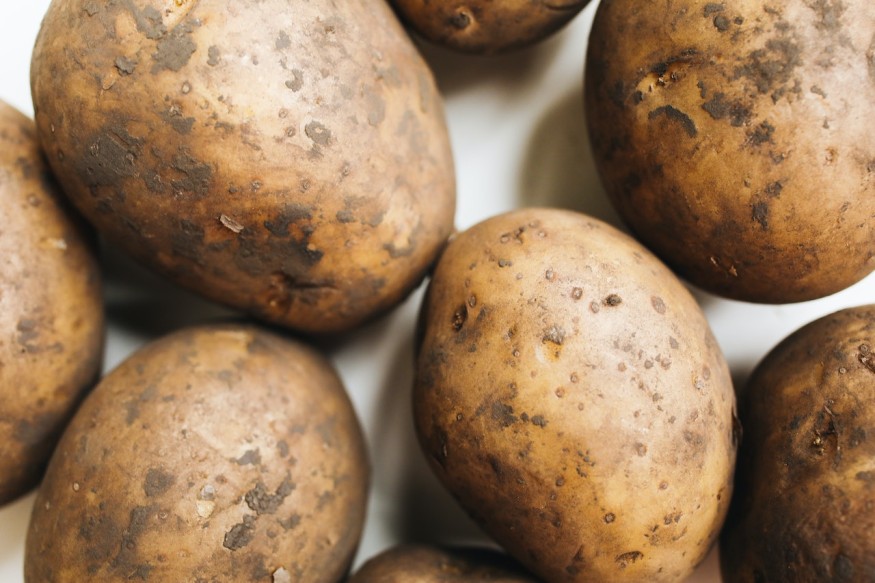When it comes to dietary protein, many people consider animals as their main source, but protein consumption based on plants is also beginning to rise in popularity. According to the 2020 Food & Health Survey of the International Food Information Council (IFIC), about 28% of Americans ate more plant-based protein in 2020 than in 2019.

Among the plant-based foods rich in protein, potato has received considerable attention. However, some people are concerned about this plant's potential as a protein source for sports nutrition products.
Powering Muscle with Potato Protein
Sports nutritionists used to believe that some compounds in plants could decrease the bioavailability of proteins. Some experts also suggest that plants cannot provide all the essential amino acids obtained from animal-based sources.
A new study from Maastricht University in the Netherlands challenges these notions. Led by Dr. Luc J.C. van Loon, the researchers investigated the potential of potato proteins in fostering anabolic reactions that can increase muscle mass.
The team tested their ideas on 24 participants composed of 24 healthy, active males aged 18 to 35 who participated in a trial from April 2018 to February 2020. The subjects were inserted with a catheter in their upper arm for an amino acid infusion to measure muscle protein synthesis (MPS) rates. Their opposite arm was inserted with another catheter to obtain a blood sample for measuring insulin, amino acid, and glucose concentrations.
The male participants were asked to undergo workout sessions using a knee-extension machine and leg press. Then blood samples and muscle biopsies were drawn to compare the MPS rates at rest and during exercise recovery. Afterward, the researchers asked the participants to drink a beverage containing 30g of potato protein, followed by another round of blood sampling and muscle biopsies.
It was found that ingesting 30g of protein strongly stimulates muscle protein synthesis at rest and during exercise recovery. MPS rates after ingesting potato protein concentrate also did not differ from those observed when the same amount of milk protein was consumed.
Role of Protein in Muscle Mass Synthesis
Protein is an important foundation of muscle growth and a crucial component of all the body's daily functions. Protein contains the amino acids which serve as the building blocks of muscle.
Our body can manufacture most of the amino acids, but nine are classified as essential amino acids because the body cannot naturally produce them. Because of this, the essential amino acids must be consumed from food sources such as beans, soy, meat, and nuts. Maintaining a diet composed of mixed amino acids is recommended for maximized muscle protein synthesis.
Among all the essential amino acids, leucine was found to have the most direct effects on protein synthesis in skeletal muscles. When present in adequate amounts, leucine signals the body to trigger muscle protein synthesis.
Protein from plant and animal sources can provide the needed building blocks for MPS. However, different proteins are digested and absorbed at different rates, so it is advised to take a variety of protein sources to ensure the prolonged release of amino acids into the body.
RELATED ARTICLE : Plant-Based Diet Helps Lower Risk for Heart Disease, Cholesterol Levels in Middle Age People, Postmenopausal Women
Check out more news and information on Protein in Science Times.
© 2026 ScienceTimes.com All rights reserved. Do not reproduce without permission. The window to the world of Science Times.












